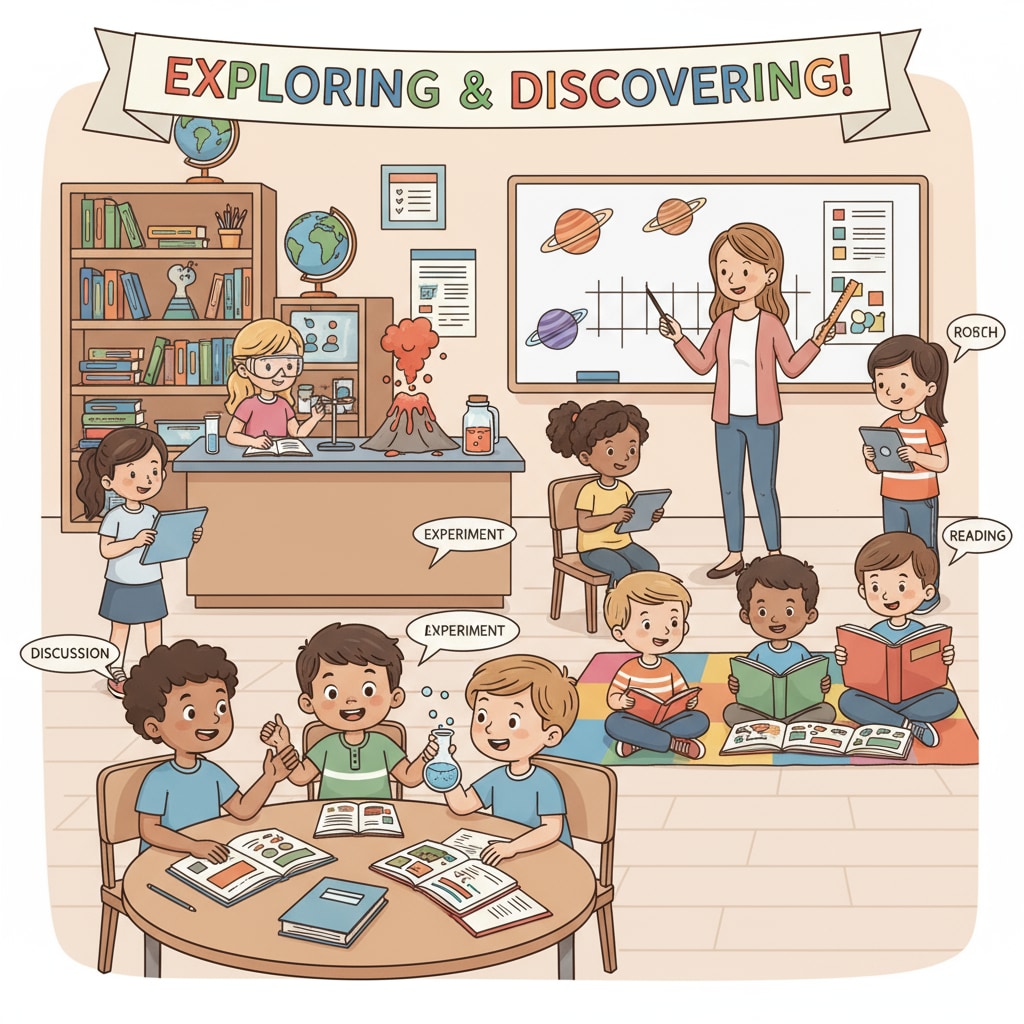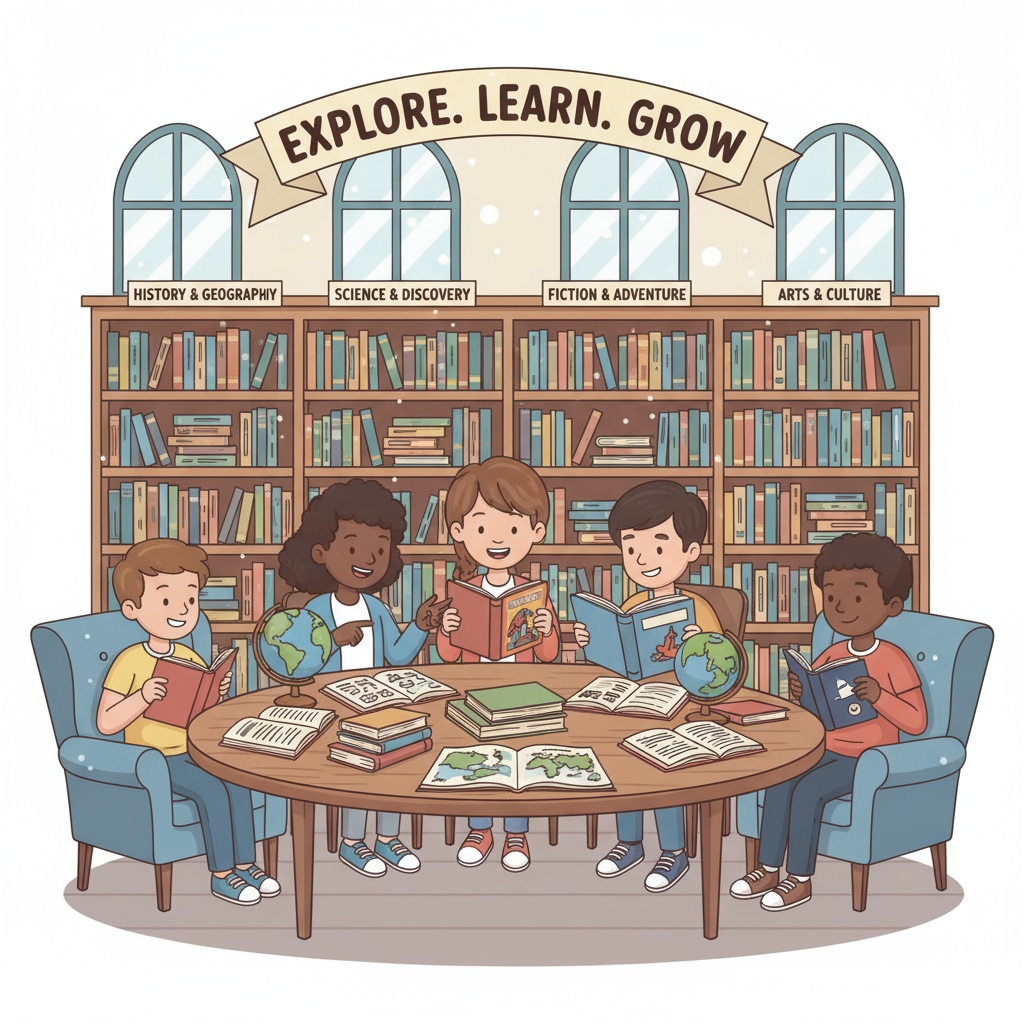Education, lifelong learning, and success are intricately linked. The K12 education phase plays a pivotal role in nurturing the seeds of lifelong learning, which in turn can significantly influence an individual’s future success.

In today’s rapidly evolving world, the ability to learn continuously is not just an advantage but a necessity.
The Significance of Lifelong Learning in K12
Lifelong learning during K12 is crucial as it instills in students the habit of curiosity and self-improvement. When students develop a love for learning at this early stage, they are more likely to pursue knowledge throughout their lives. For example, a student who enjoys exploring different subjects in K12 is more likely to engage in continuous learning in their professional life. According to Wikipedia’s page on Lifelong Learning, lifelong learning encompasses all forms of learning throughout an individual’s life, starting from the early education years.

Challenges in the Current Education System
However, the current education system faces several challenges in promoting lifelong learning. Standardized testing often takes precedence, leaving little room for fostering creativity and a genuine love for learning. Many students are focused on achieving high scores rather than understanding the subject matter deeply. In addition, limited resources in some schools can also hinder the implementation of innovative teaching methods that encourage lifelong learning. As a result, students may not be fully equipped with the skills needed to become lifelong learners. Britannica’s article on Education highlights some of these systemic issues.
Despite these challenges, there are also numerous opportunities. Technological advancements, such as online learning platforms, offer students access to a wealth of information and diverse learning experiences. Teachers can also use these tools to create more engaging and personalized learning environments. Moreover, community involvement and extracurricular activities can expose students to different perspectives and inspire them to learn beyond the classroom.
Home-School Collaboration for Lifelong Learning
Home-school collaboration is essential in cultivating students’ lifelong learning意识. Parents can play an active role by encouraging their children’s interests outside of school, providing a supportive learning environment at home, and participating in school activities. Teachers, on the other hand, can keep parents informed about their children’s progress and involve them in the learning process. By working together, they can help students develop the motivation and skills required for lifelong learning.
In conclusion, education, lifelong learning, and success are intertwined. K12 education has the power to lay a solid foundation for lifelong learning, which is a key ingredient for future success. By addressing the challenges, seizing the opportunities, and promoting home-school collaboration, we can ensure that students are well-prepared to embrace lifelong learning and achieve their full potential.
Readability guidance: Short paragraphs and lists are used to summarize key points. Each H2 has a list or relevant details. Passive voice and long sentences are controlled, and transition words are added throughout the text.


